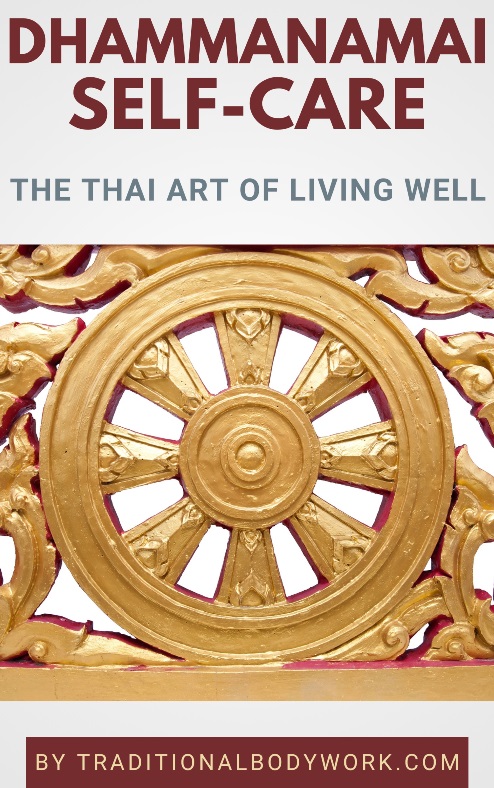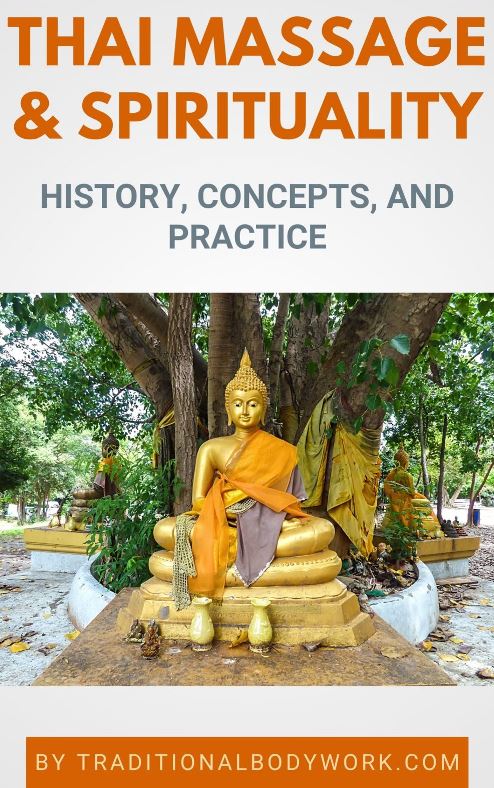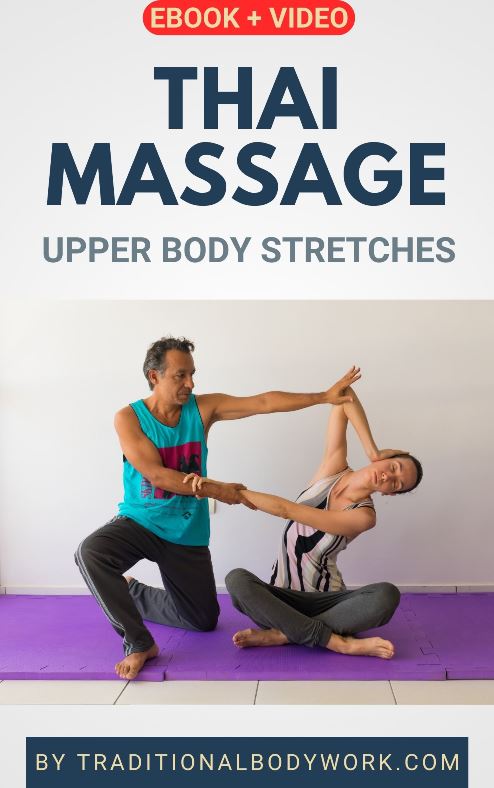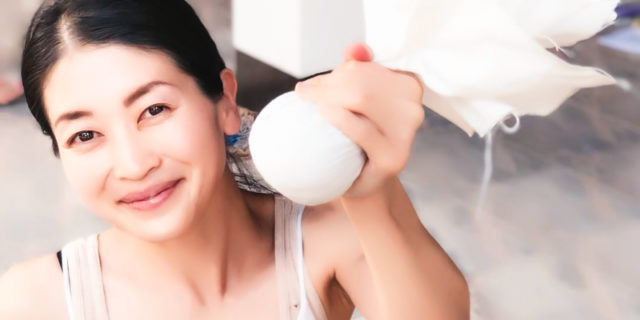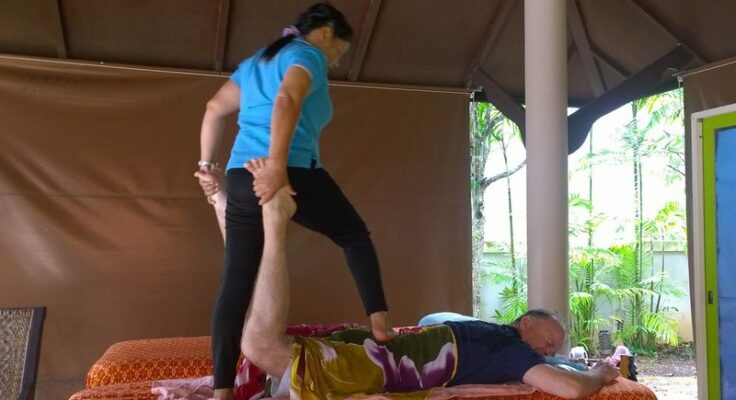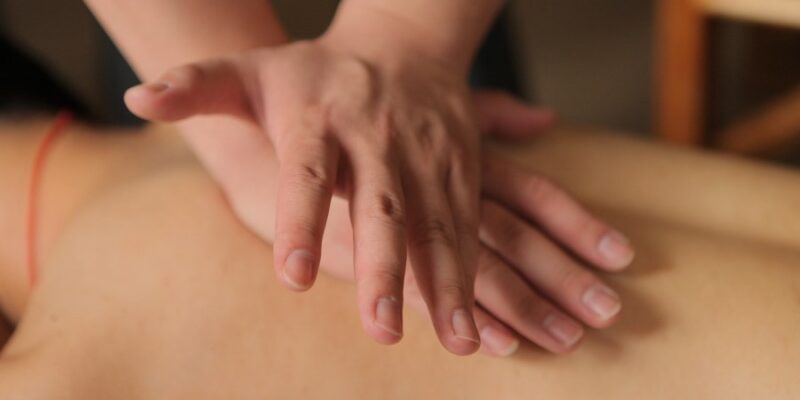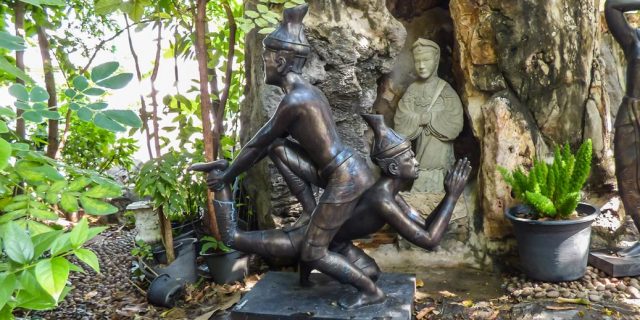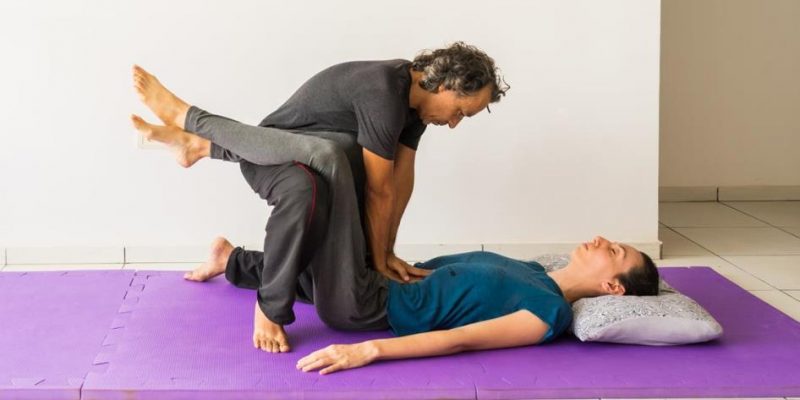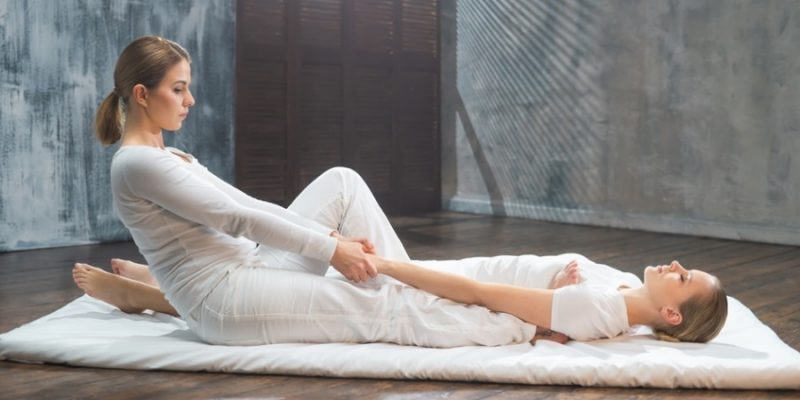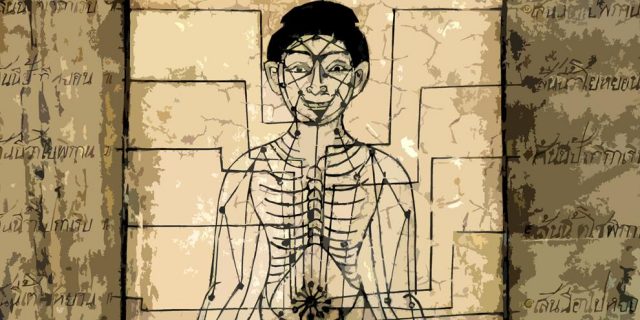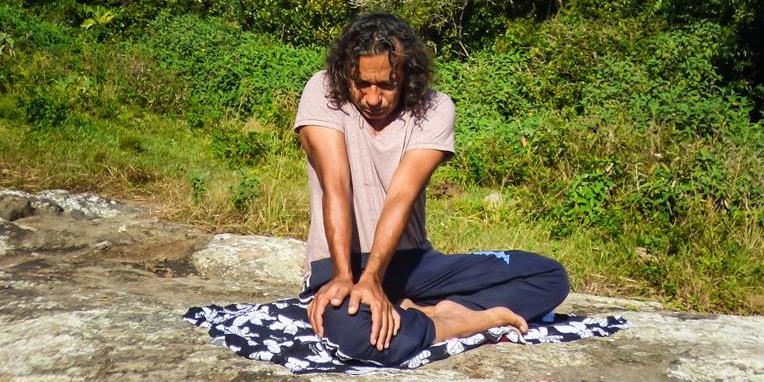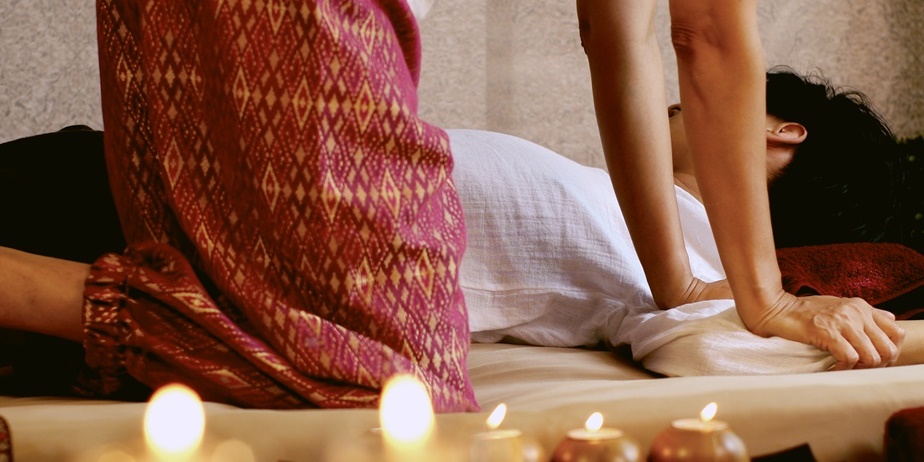
Before we start a Thai Massage session we should always ask receivers about their mental, emotional, and physical condition, their daily activities, work, hobbies, sports, and medical history.
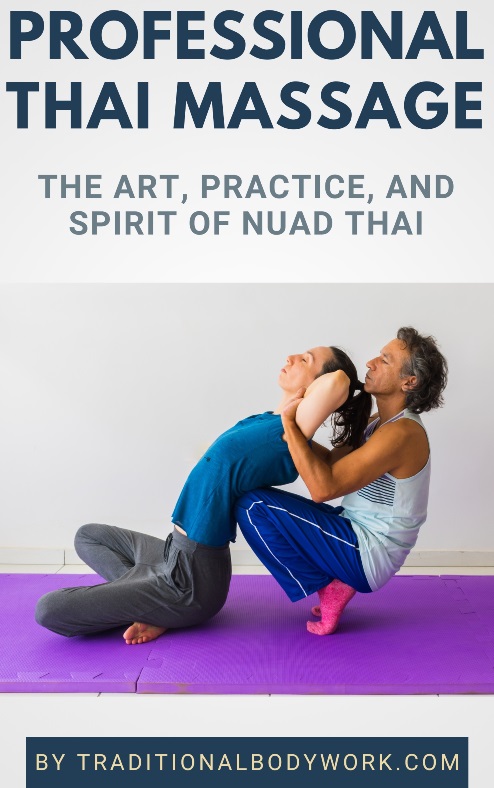
It’s important to have this information, in order for us to know how we will approach the receiver and what techniques and/or exercises we can or cannot use, and if we need to be extra careful with certain parts of the body or even avoid working on some areas. Also sometimes, it will turn out that we cannot give a Thai Massage session.
In general, we can give a massage to any healthy person. The age, for instance, doesn’t matter. A baby or a senior can both receive a Thai Massage. Of course we should adapt the length of the session and our techniques depending on the abilities and capabilities of the receiver.
It’s also important to address if the session will be (partly) unclothed or not (and when one or the other will be required). This to prepare the receiver about what’s going to happen, and to avoid embarrassing situations.
In any case, below then a list of general precautions and contraindication with respect to Thai Massage sessions.
Thai Massage Precautions
- Pregnant women (but only after 3 months until max 8 months) can certainly receive a Thai Massage, but certain exercises we don’t do. We avoid having her lying on her abdomen and we only very, very lightly massage the abdominal area. Most of the time we will give a session to pregnant women lying in the “side-position” and/or on her back. The so-called Thai Massage “blood stops” should not be performed.
- As older persons are more likely to have osteoporosis (porous and fragile bones), one should take extra care not to put too much pressure on the bones and articulations. This counts as well for anybody else having osteoporosis.
- Be careful if the receiver has diabetes, heart diseases, asthma, high blood pressure or has had a (cerebral) stroke in the past. Exercises which raise blood pressure substantially should be avoided. So-called “blood stops” should not be performed.
- Massage very carefully between ear and temple area, around the ears, the temples, under the armpits, behind the knees, the knees, under the chin, the eyelids, the crown of the head (especially with children under the age of two).
- In cases where “blood stops” are allowed — arterial compressions — the following rules apply: blood stops on the arms maximum 30 seconds, blood stop on the legs maximum 60 seconds.
- People carrying the HIV-virus can be given a session, although exchange of bodily fluids (blood, semen, mother’s breast milk, vaginal fluids) should always be avoided. If you have cuts, scratches, etc. on your hands it’s wise to wear thin surgical gloves while massaging.
- Ask if the receiver has any allergies for specific essential oils, massage oils, creams, and lotions, and such.
Thai Massage Contraindications
- Do not massage at all when the receiver has a fever or is drunk.
- Do not massage when the receiver has (an active) cancer, has had an (internal) operation (not a knee operation) in the three months preceding the session, or has had a (relatively severe) accident in the past 72 hours.
- Do not massage on bones, the collar bone (clavicle), the spinal column, the elbow line, on inflammations or swollen areas, on skin infections or problems, on the blood vessel of the neck (carotid artery), on or directly around broken bones, a surgical area, ulcer or wound.
- Do not massage on areas with dermatitis, arthritis, phlebitis. One can massage around the area though.
- People with infectious diseases, like a flu, diphtheria, tuberculosis, shouldn’t be given a session, because the practitioner exposes him or herself to an infection. This goes of course also the other way around.
- Do not massage, stretch or apply pressure on areas where people have artificial joints or (transplanted) organs.
- Do not massage directly on varicose veins.
- Do not massage on (organ or vertebral) hernias or try to push them back in their original position.
- Do not perform any spinal twists or spinal cracks with people having problems with the vertebral column (think of bulging, slipped or broken disks, hernias).
- Do not massage on the abdominal area if the receiver has just finished a meal, has serious stomach or intestinal problems.
- Do not massage, give strong acupressure or pressure, or rub intensively on “thin skin.”
- Do not massage on “tired muscles,” which means that people who have done heavy sports or physical workout in the 48 hours preceding, should not receive a massage. On the other hand, persons who have just done a heavy workout (maximum a few hours before the massage), will benefit from stretching exercises.




